ARTICLES > THRIVE
FIVE STRESS-BUSTING STRATEGIES FROM A PSYCHOLOGIST
Living with coeliac disease adds to the complexities of life so it’s important to manage stress. We’re working with these simple but effective tips.
Stress is an unavoidable part of life and living with coeliac disease can add to your mental load. Here are five simple ways to boost resilience, from clinical psychologist Associate Professor Simon Knowles.
1. TUNE IN
What’s causing your stress? A strong stress buffer starts with understanding your triggers and recognising what situations set off anxious feelings. When do you get upset easily?
Try this: “When you feel stressed, take a moment to observe your streams of thought with curiosity and openness,” says A/Prof Knowles. “Listen to your feelings without judgement. It’s the first step to better resilience.”
2. UNDERSTAND WHAT REALLY HELPS
The best resilience-boosting strategies provide immediate stress release but also long-term gain. Try not to depend on quick-fix bandaids that aren’t helpful for your future self, such as alcohol or junk food. Instead, seek out coping mechanisms that will underpin your resilience to stress over time, and build them into your daily routine.
Try this: “If you don’t already, implement a daily (even just 10 minutes), do-anywhere stress soother such as a few minutes of slow, relaxed breathing, mindfulness meditation, or some yoga or stretching,” says A/Prof Knowles.
3. NURTURE YOURSELF
How’s your sleep, exercise and diet? Have you given your body what it needs to be healthy today? “Building resilience requires holistically healthful routines that contribute to your overall wellness,” says A/Prof Knowles. “Don’t be afraid to seek guidance from others.”
Try this: “Don’t look to overhaul your entire lifestyle at once. Start with small changes that don’t feel overwhelming, then add these into your routine,” says A/Prof Knowles. Tweaks could include eating an extra piece of fruit, leaving your desk for a quick walk, or a slightly earlier bedtime.
4. CONNECT WITH YOUR VALUES
“Building resilience comes from engaging with what matters to you,” says A/Prof Knowles. “What activities, people and ideas bring you meaning, value or joy? We’re often too busy to connect with those values but if you can – even in small ways – you’ll feel the benefits.”
Try this: Do something that matters to you today. Call a friend, dip into a great book or make something. If it’s meaningful to you, it’s worth your time.
5. BE KIND TO YOURSELF
Self-compassion is an essential resilience tool. This means letting go of self-directed frustrations, blame and negativity. For people with coeliac disease, food can trigger self-judgement, says A/Prof Knowles. “Perhaps you went to a cafe and ate something you weren’t sure was gluten free. Instead of beating yourself up, cut yourself some slack – remind yourself you’re doing just fine.”
Try this: Compliment yourself for something you did well today, no matter how small you think that achievement is. If it made someone else feel good too, that’s a double win.
READ THIS NEXT
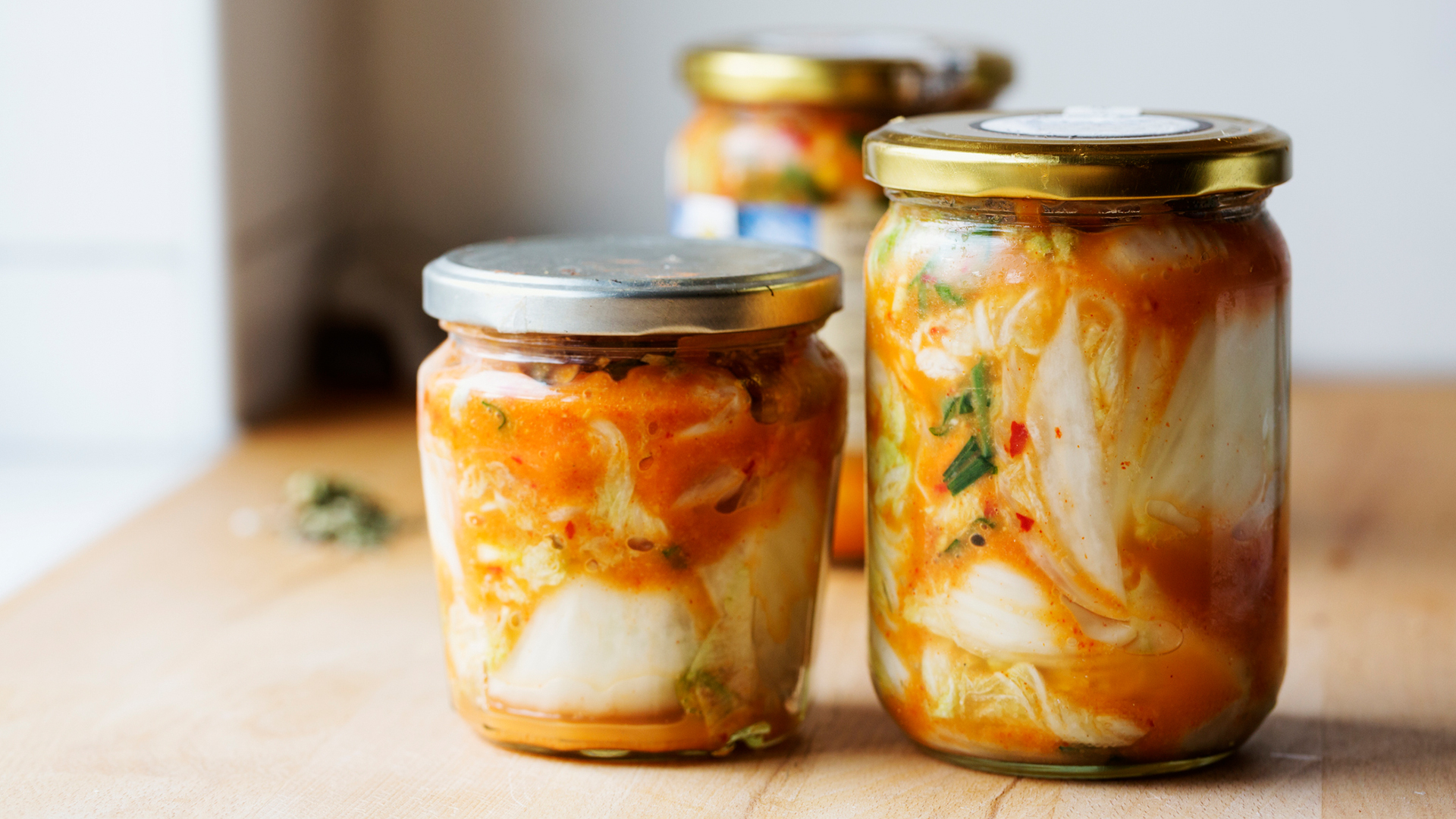
GLUTEN-FREE FOODS FOR GUT HEALTH
Can certain foods improve your gut health when you have coeliac disease? Get into the fascinating world of the human gut and the power of fermented foods.
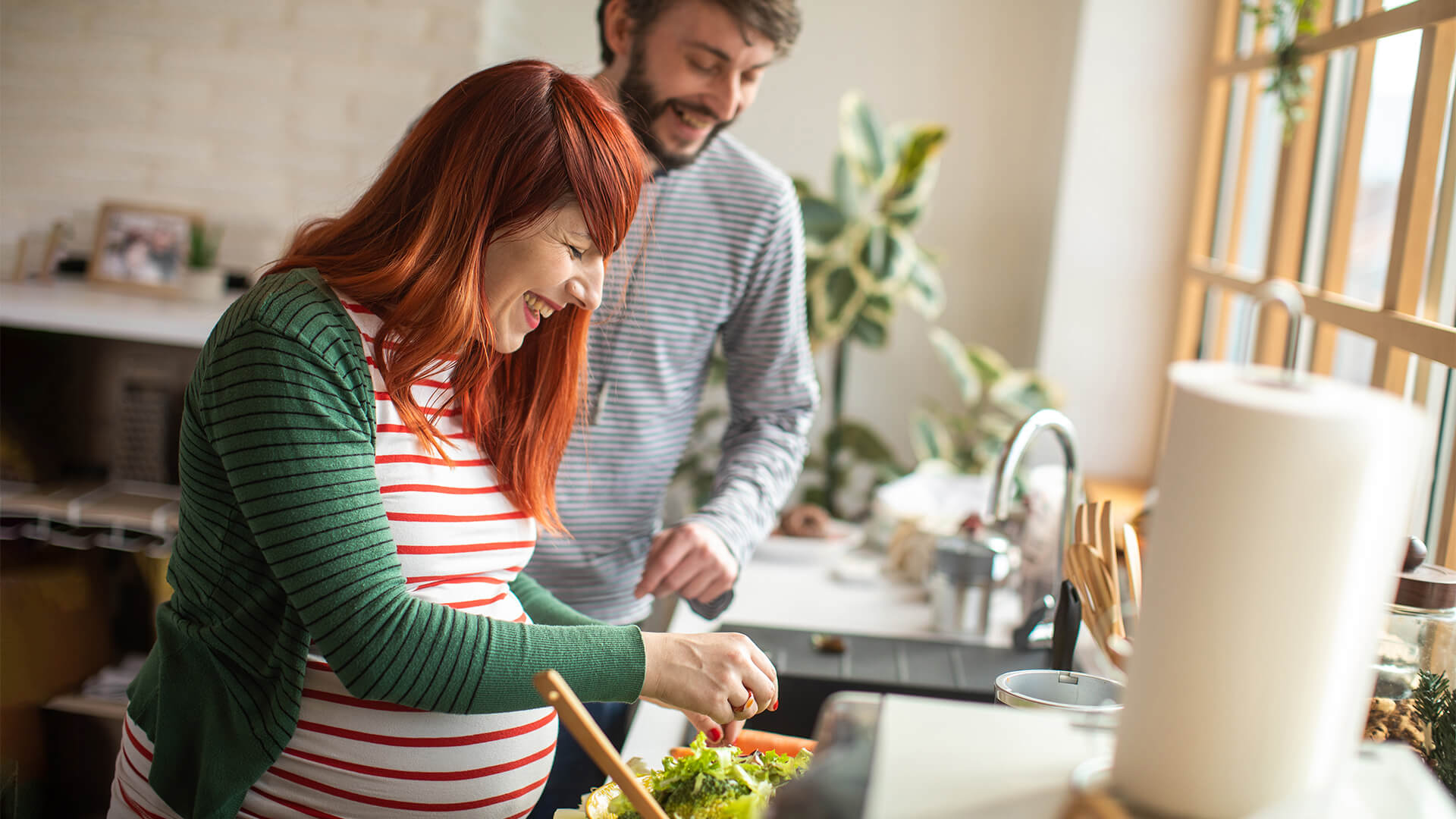
5 ESSENTIAL LESSONS ON FERTILITY WHEN YOU LIVE GLUTEN FREE
Does coeliac disease affect fertility? Is there a gluten-free diet for fertility? Stefanie Valakis of The Dietologist shares what you need to know.
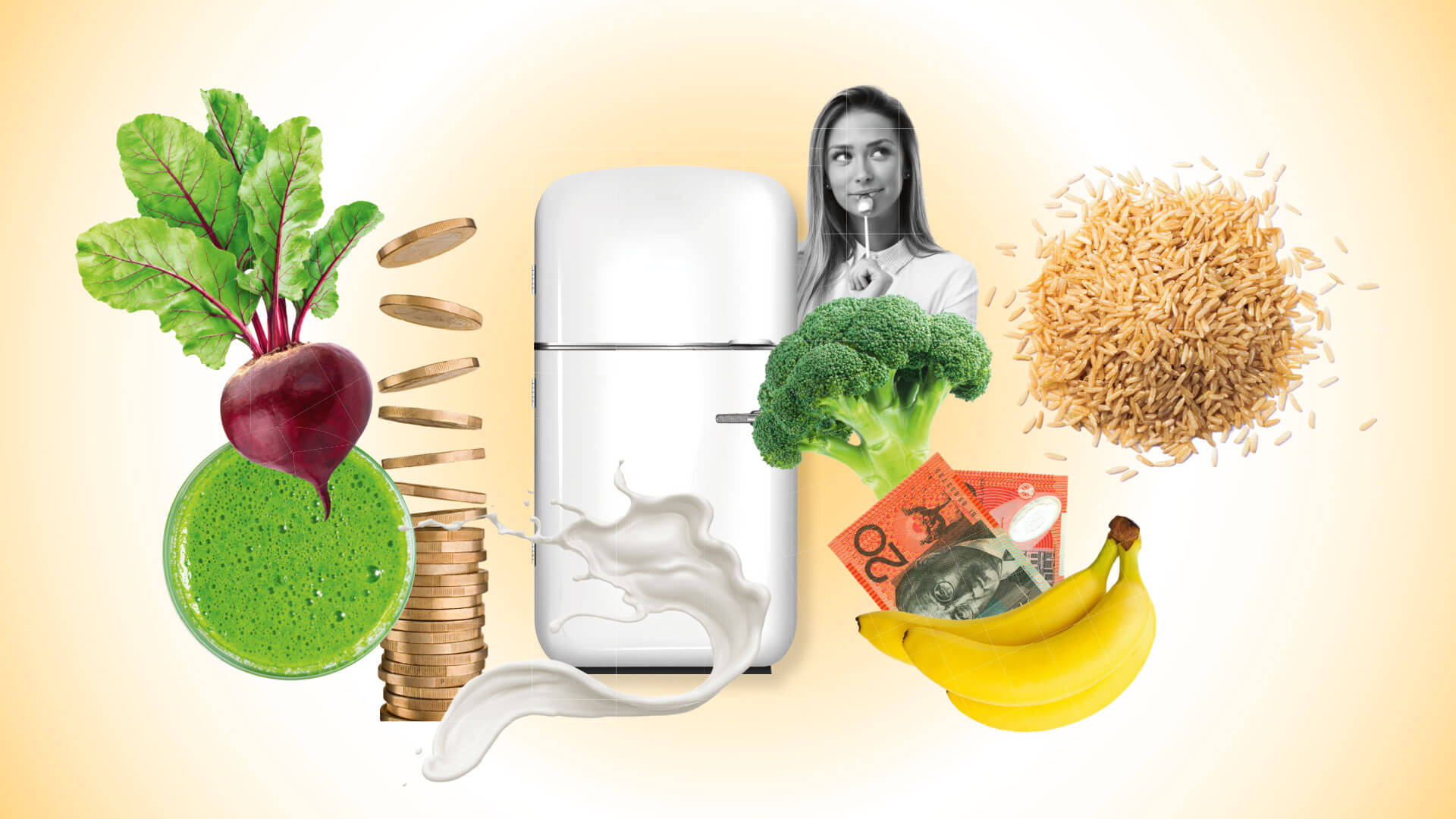
SIX WAYS TO CUT THE COST OF A GLUTEN-FREE DIET
With rising costs hitting harder than ever, Coeliac Australia dietitian Kristina Richardson shares how to eat well while spending less.
See more









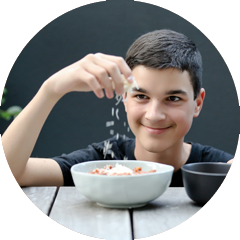




0 Comments